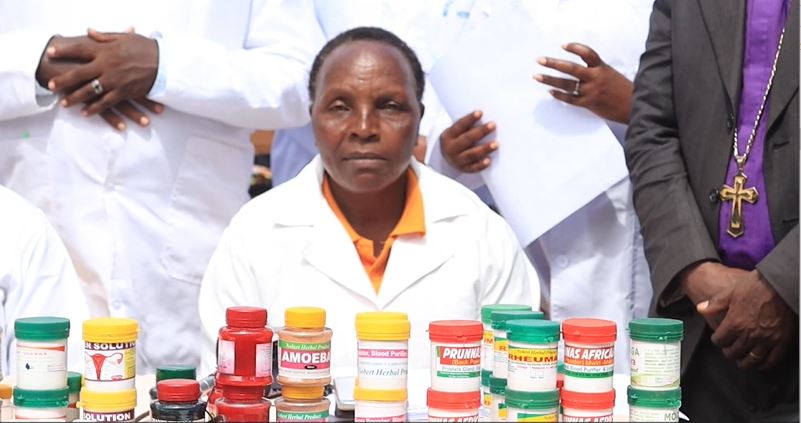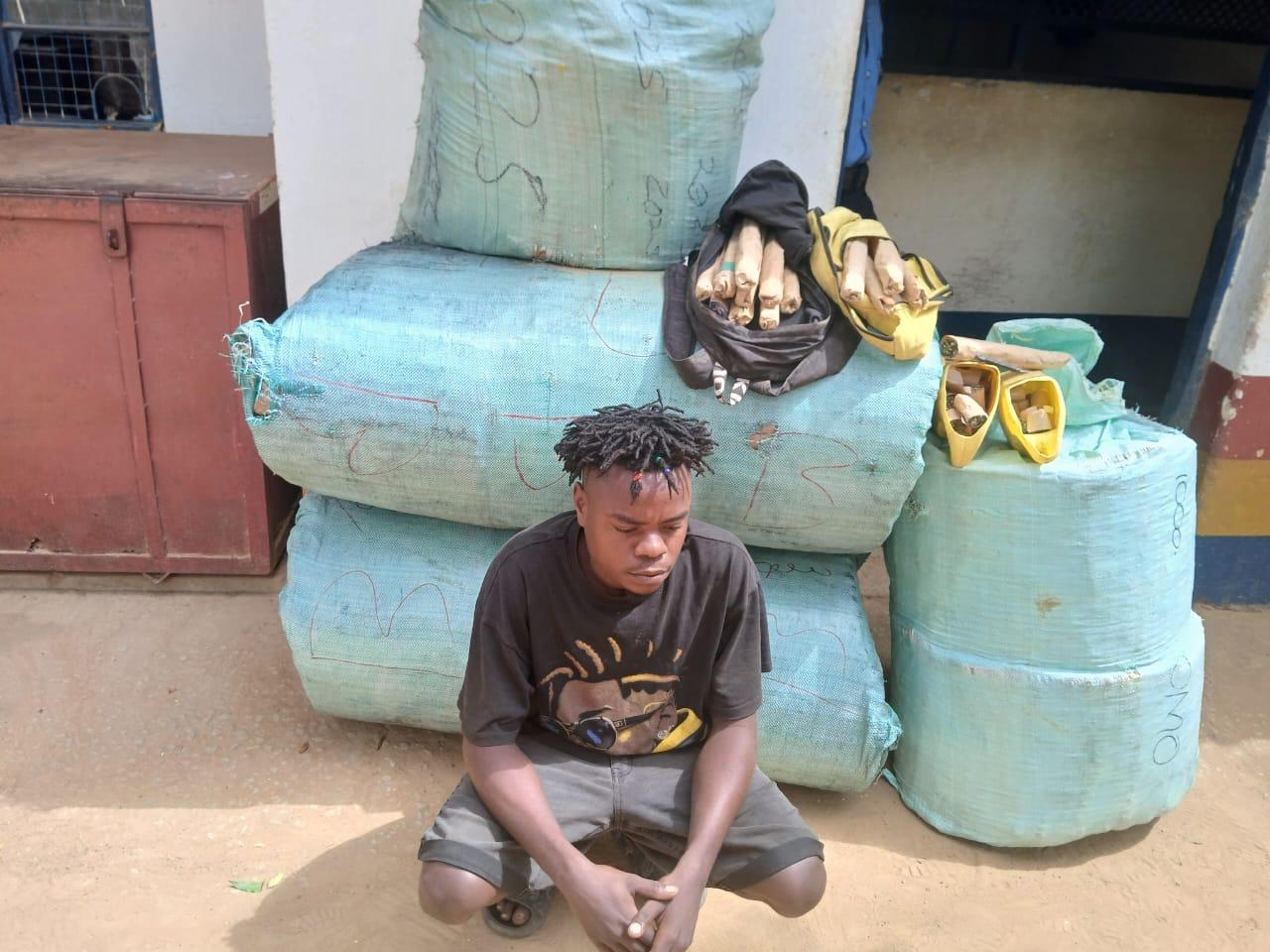The herbalists in Meru County, operating under the Meru Culture Union, have urged the government to amend existing Acts on herbal medicine and reinforce them to safeguard them against harassment from various government bodies.
Robert Kinyua, the chair of the Meru Cultural Centre, argues that the regulatory requirements imposed by government agencies for herbal practitioners are excessively stringent and discriminatory compared to those for Western medicine practitioners, despite both being integral healthcare systems in the country.
Professor Daniel Mugambi, a herbal medicine specialist and practicing herbalist in Kenya, supports this stance, highlighting that Kenya boasts over 52,000 registered herbalists.
He emphasizes that if integrated into the healthcare system, this workforce could significantly improve the recommended patient-to-healthcare provider ratio of 1 specialist per 590 patients, a stark contrast to the current ratio of 1 doctor per 16,000 people.

Professor Mugambi contends that during the COVID-19 pandemic, herbal medicine demonstrated efficacy in treating the disease, unlike pharmaceutical medicines, underscoring the importance of allowing herbalists to operate commercially, given the natural methods they employ.
In existing registered herbal clinics, the government does not authorize the use of insurance cards, rendering their services inaccessible to insured Kenyans seeking their treatments.
On the other hand, Dr. Patrick Murugu Mworia calls upon the government to accredit their facilities for the acceptance of insurance medical cards, thereby ensuring accessibility to their medication for insured individuals.
Meanwhile, Phylis Ntimi, a practicing herbalist in Meru County, further appealed to research institutes, county, and national governments to provide assistance and resources for herbalists, including research materials and land allocation for cultivating medicinal plants.
This support, she believes, would bolster the healthcare system in the country.











